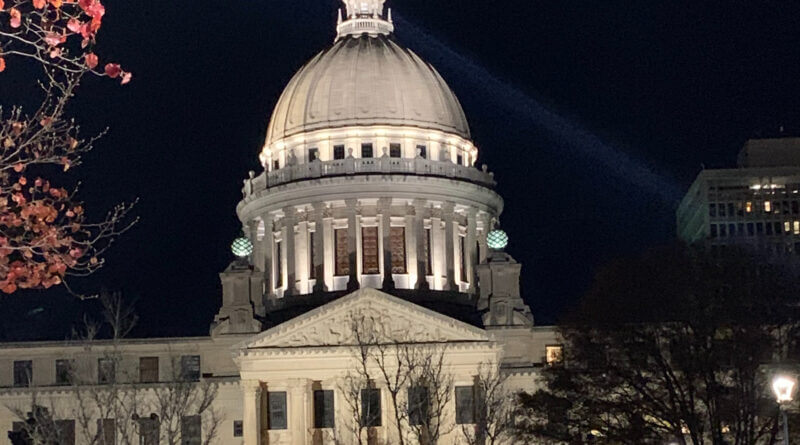Medical cannabis bill passes House with changes
Measure returns to Senate for reconsideration
The Mississippi House of Representatives Wednesday passed the Medical Marijuana bill that earlier passed the state Senate, however the bill has to go back to the Senate for reconsideration after the House made changes to the Senate-passed bill, which was authored by Southaven Republican Sen. Kevin Blackwell.
One of the changes made in the House would be to limit the amount of marijuana someone could purchase to three ounces a month. The Senate measure set a 3.5 ounce a month limit, while Gov. Tate Reeves has said he supported a 2.8 ounce per month limit on purchases.
Another change was to eliminate the state Department of Agriculture from the program, which was what Ag Secretary Andy Gipson said he wanted to see done.
Gipson Thursday responded by thanking the House and its leadership for the action
“The best place for a truly medical program is under the Department of Health, which reflects the will of the voters in Initiative 65,” Gipson said. “This change is good policy for Mississippi agriculture and allows us to focus on our core mission. It is also good policy for the taxpayers of Mississippi because it achieves greater efficiency in the use of funds by reducing the number of agencies involved in the program.”
Senators will now be asked to accept the House changes and approve the bill as amended to ask for final negotiations with House conferees.
It would then have to be voted on in both chambers again before it can be sent to Reeves for his signature.
All members of the DeSoto County House delegation supported the bill with changes, which passed on a 104-14 vote.
There were efforts, however, by local legislators to amend the bill which did not pass ahead of the final vote. Rep. Dana Criswell (R-Olive Branch) had tried to specify a cap on excise taxes at five percent. Regulators would need to review the taxes after a fiscal year to consider further adjustment.
Another amendment by state Rep. Dan Eubanks (R-Walls) would have kept lawmakers from having an interest in cannabis businesses for a four-year period. The current ban is through December of this year only. Eubanks also attempted to eliminate the excise tax on cannabis in the case of federal legalization.
Under the bill, cannabis would be taxed at seven-percent state sales tax and a five-percent excise tax. No prescription has such a tax in the state.






